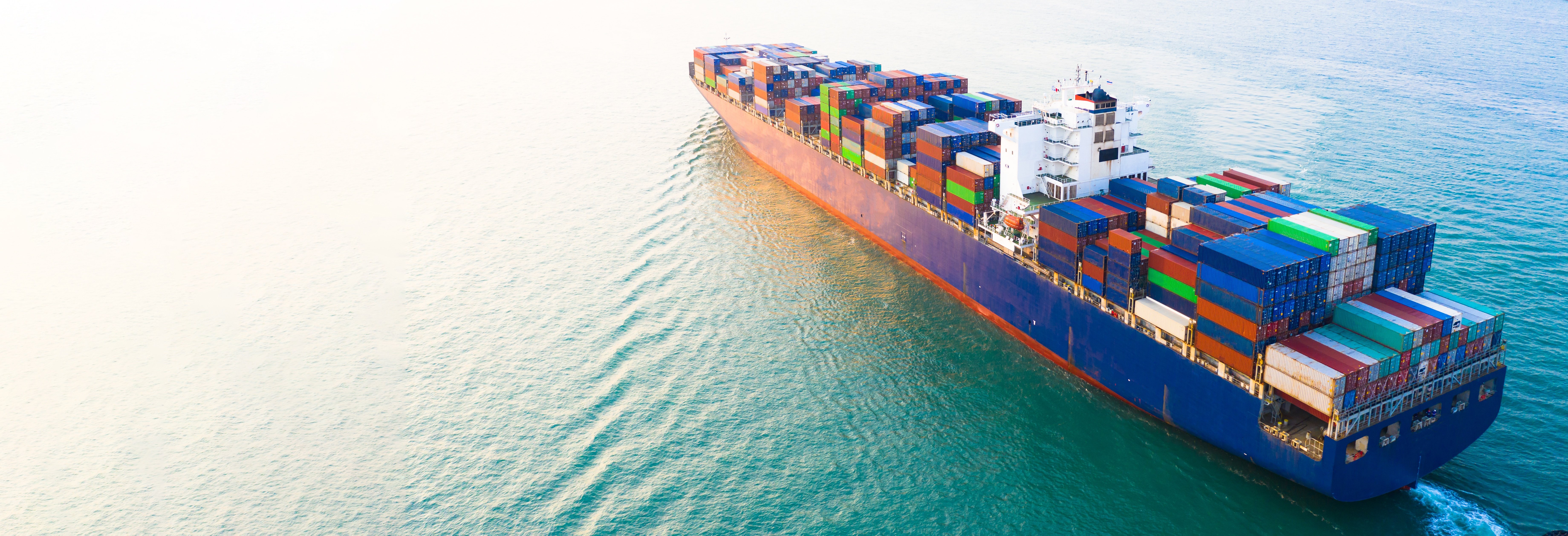
Sexual harassment and sexual assault have been in the forefront of many news stories over the last few years, and despite the bright light that the #MeToo movement has shone on it - it is still happening – and much too often. It is incumbent upon all Shipowners to have a well-defined plan regarding how to handle a claim of sexual assault and a clear and concise policy that is known to all employees.
There are so many legal, medical and other terms used when talking about rape and sexual assault, navigating the issue can be difficult and confusing, to say the least. To begin, we review the definitions and examine the differences between sexual assault and sexual harassment.
Sexual Assault
The National Center for Victims of Crimes states that “sexual assault takes many forms including attacks such as rape or attempted rape, as well as any unwanted sexual contact or threats. Usually a sexual assault occurs when someone touches any part of another person's body in a sexual way, even through clothes, without that person's consent.”
In the United States, the definition of sexual assault varies widely among the individual states. However, in most states, sexual assault occurs when there is lack of consent from one of the individuals involved. Consent must take place between two adults who are not incapacitated and consent may change, by being withdrawn, at any time during the sexual act.
Note that sexual assault is considered to be a crime and should therefore be reported to law enforcement and the U.S. Coast Guard.
Sexual Harassment
Sexual harassment is intimidation, bullying or coercion of a sexual nature. It may also be defined as the unwelcome or inappropriate promise of rewards in exchange for sexual favors. The legal and social definition of what constitutes sexual harassment differ widely by culture. Sexual harassment includes a wide range of behaviors from seemingly mild transgressions to serious forms of abuse. Some forms of sexual harassment overlap with sexual assault.
In the United States, sexual harassment is a form of discrimination which violates Title VII of the Civil Rights Act of 1964. According to the Equal Employment Opportunity Commission (EEOC): "Unwelcome sexual advances, requests for sexual favors, and other verbal or physical conduct of a sexual nature constitutes sexual harassment when submission to or rejection of this conduct explicitly or implicitly affects an individual's employment, unreasonably interferes with an individual's work performance or creates an intimidating, hostile or offensive work environment."
While sexual assault and sexual harassment may overlap in some instances, as you can see from their definitions, there are significant differences between the two. The nuances of sexual harassment can make it more difficult to determine if it occurred and, it should be noted, may not be covered under the ship’s P&I insurance. Sexual assault, on the other hand, is more clearly identifiable and may involve an injury to the person, which, generally speaking, may be covered under P&I. Sexual assault is also, as noted above, a crime and must be reported to the authorities.
P&I involvement
Cases involving a sexual assault on board a ship are challenging to defend and can be quite costly. One of the key areas that will be closely examined during discovery is the company’s policies and procedures to prevent incidents and respond to reports of incidents. For this reason, we encourage all of our Members to be sure that they have well-defined plans which include regular training for all employees. We also suggest seeking outside assistance in preparing a plan if needed.
The recent news story of a female cadet from the U.S. Merchant Marine Academy, Kings Point, who alleged that she was sexually assaulted by her engineering supervisor, tells a cautionary tale. The young woman was taking part of her Sea Year training, spending many months on a commercial vessel as part of her training. The young cadet said that her supervisor had been harassing her for several weeks, making romantic passes at her and making crude and demeaning comments about her in front of others. Then, one night after a drinking session involving several other senior officers, he raped her. Even though there was a “zero tolerance” policy in place, the investigation revealed that this was not an isolated occurrence. While we do not know exactly what policies and procedures were in place, what seems clear is that they were failing. As a result of this incident, the Merchant Marine Academy took the harsh step of suspending its Sea Year Training Program, which is generally viewed as a highlight for the cadets. Thus, the consequences to the shipowner of a claim of sexual assault can be quite severe.
As all Shipowners are at risk, we urge you to review your policy and procedures today.





